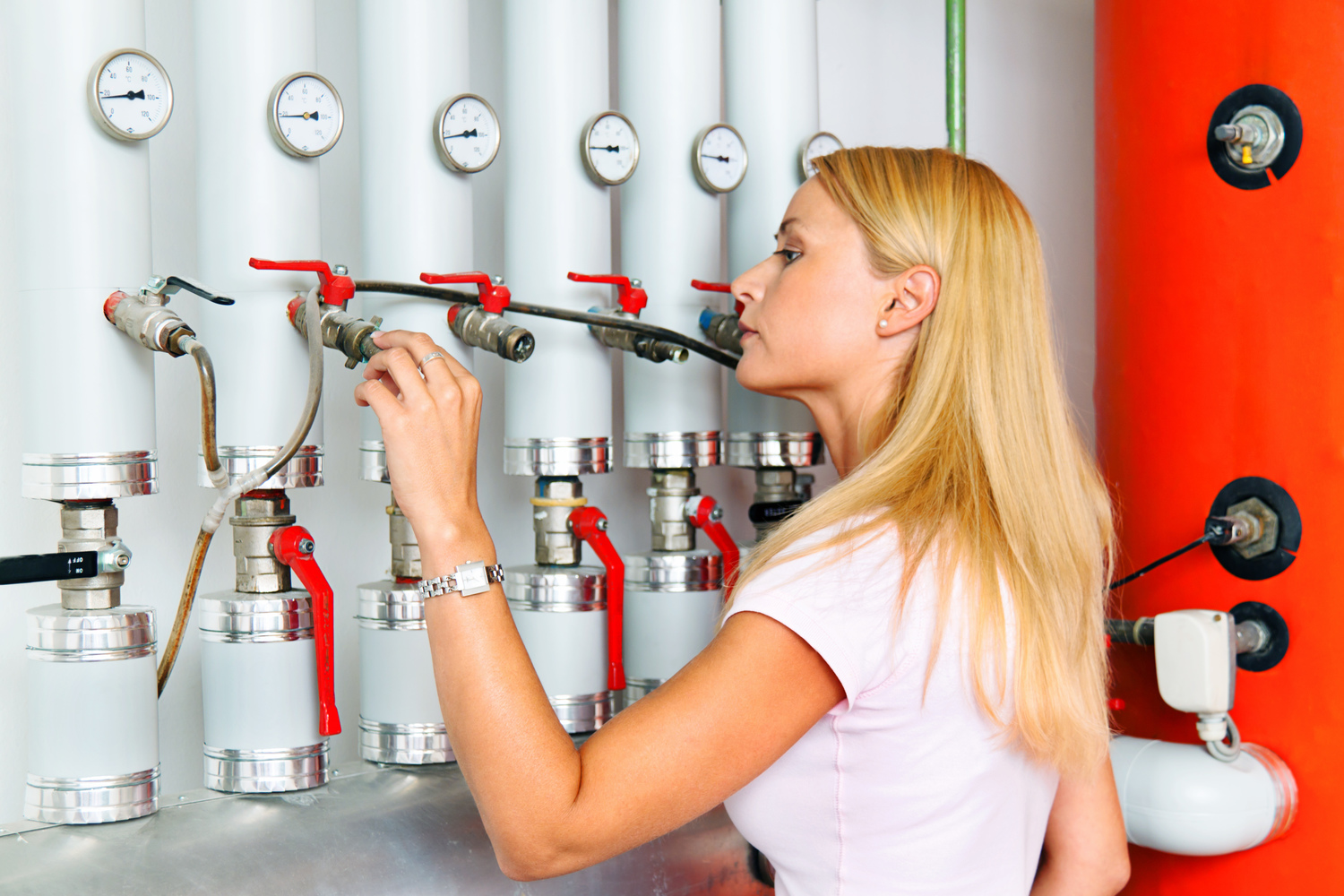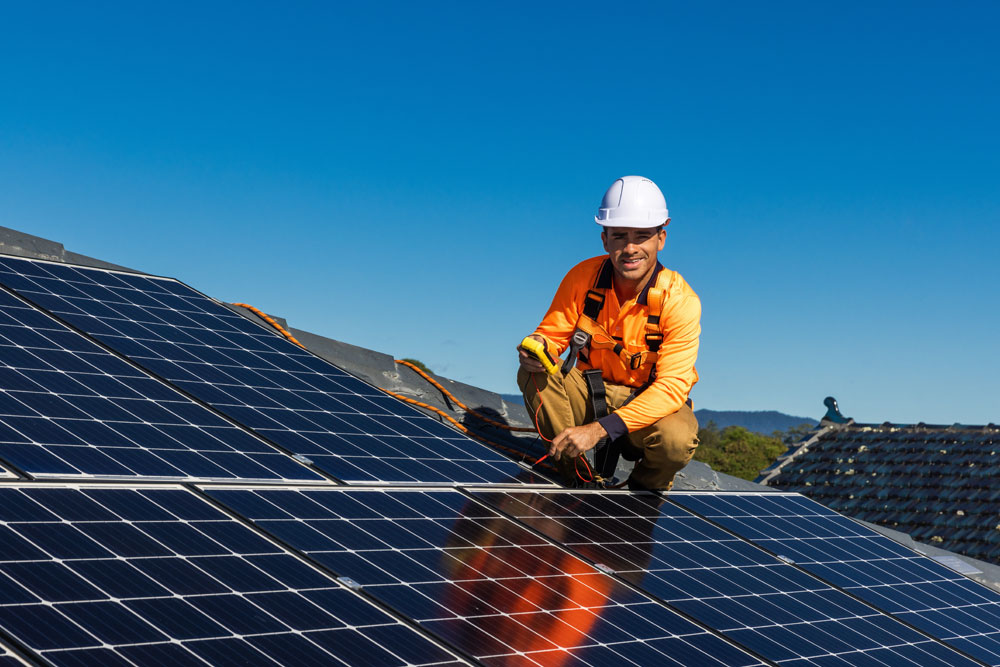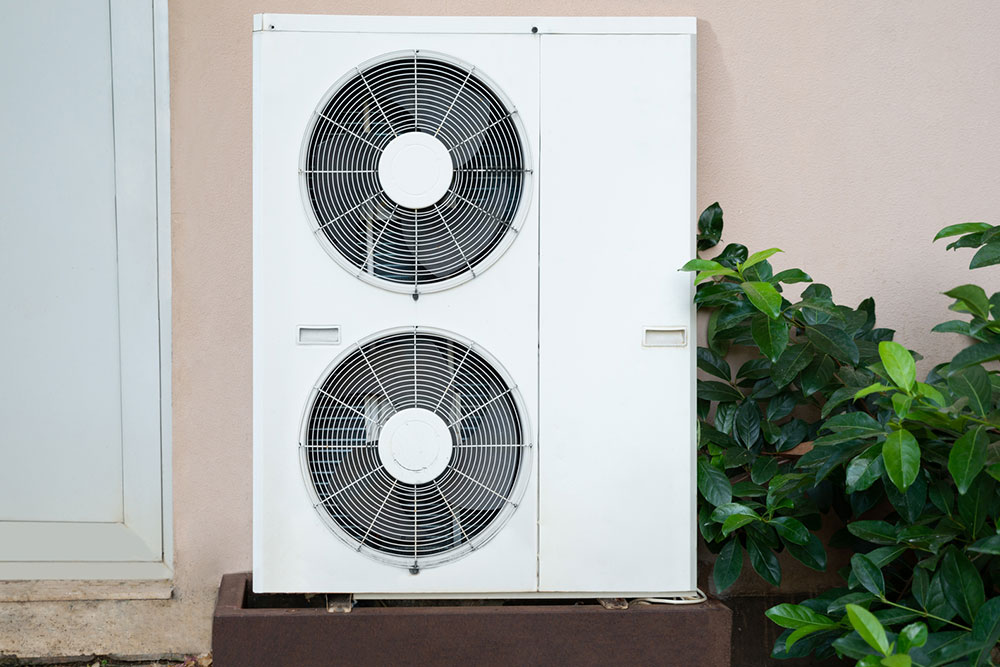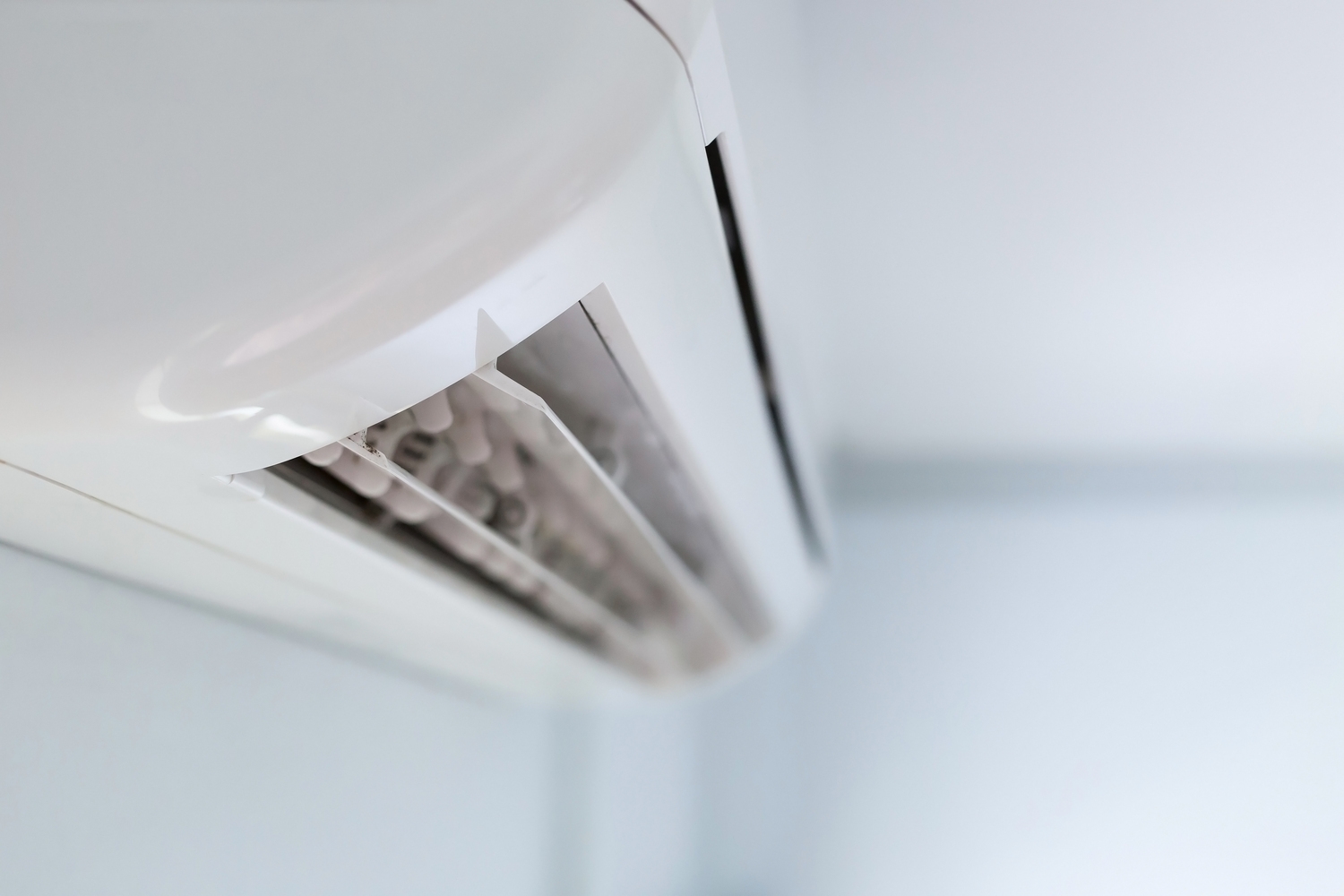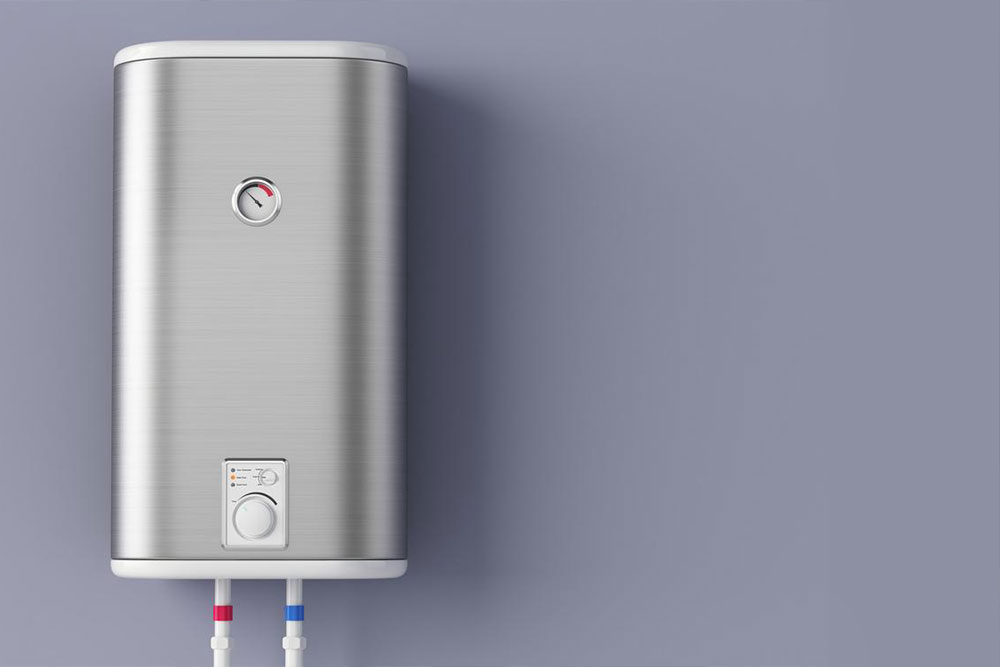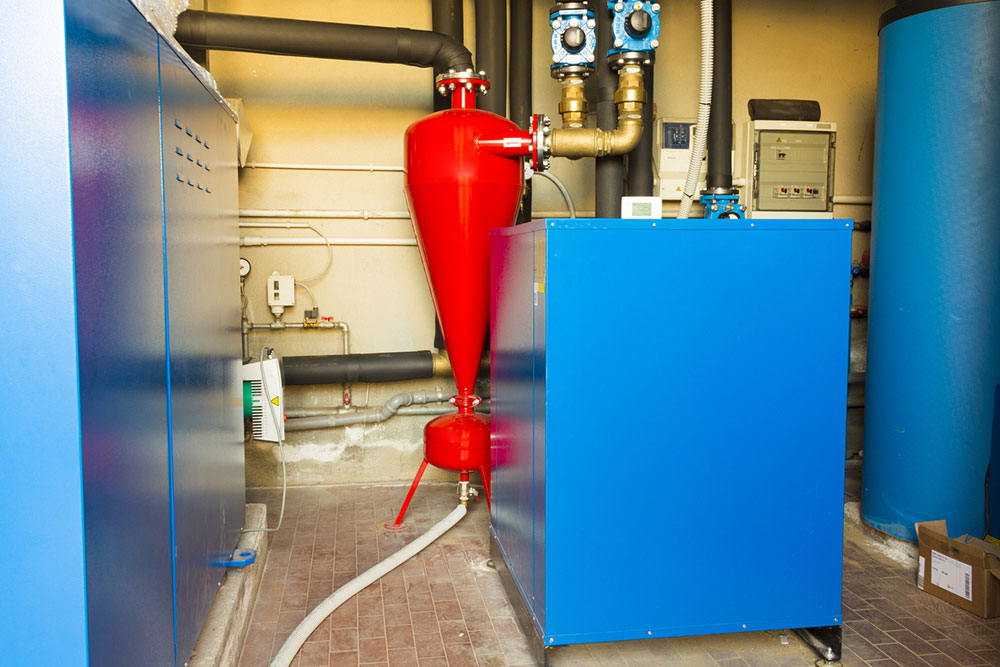Comprehensive Guide to Heat Pump Options, Costs, and Selection in France
This comprehensive guide provides homeowners in France with detailed insights into various heat pump options, their costs, benefits, and selection tips. Covering air-source, geothermal, water-source, and hybrid systems, the article helps you evaluate which system suits your climate, budget, and home. Learn about factors affecting costs, available incentives, and expert recommendations for optimal heating solutions, promoting energy efficiency and sustainability in French homes.

Comprehensive Guide to Heat Pump Options, Costs, and Selection in France
For homeowners seeking an energy-efficient, cost-effective, and environmentally friendly heating solution in France, choosing the right heat pump is a crucial decision. The diverse climate zones across France—from the mild Atlantic coast to the colder inland regions—demand tailored heating solutions. This extensive guide provides in-depth insights into various types of heat pumps available in France, their respective costs, advantages, and disadvantages, enabling you to make an informed decision that best suits your home’s needs and budget.
Understanding the Different Types of Heat Pumps
Heat pumps are classified primarily based on the heat source they utilize and their method of distributing heat. Each type offers unique benefits and considerations, making it essential to understand their differences and suitability for your specific environment. Here's a detailed look into the main categories of heat pumps commonly used in France:
1. Air-Source Heat Pumps (ASHPs)
Description:
Air-source heat pumps are among the most popular and widely used heating systems in France. They extract heat from the outside air—regardless of temperature—and transfer it into the home, providing a reliable heating solution during milder winters. Their straightforward design and relatively lower installation costs make them an attractive choice for many homeowners.
Pros of Air-Source Heat Pumps:
Affordable initial investment compared to other systems
Relatively simple and quick installation process
Effective in moderate climate zones across France
Cons of Air-Source Heat Pumps:
Decreased efficiency during very cold weather conditions, which can significantly impact heating performance
May require supplementary heating systems like electric or gas heaters during peak cold spells
Price Range:
Typically, the cost for purchasing and installing air-source heat pumps in France varies between €8,000 and €12,000. This range accounts for different capacities, brands, and installation complexities.
2. Ground-Source (Geothermal) Heat Pumps
Description:
Ground-source heat pumps, also known as geothermal systems, utilize the relatively stable underground temperatures. These systems extract heat from beneath the Earth's surface, either through horizontal or vertical loops, offering high efficiency and sustainability. Due to their underground loop system, geothermal heat pumps often boast lower operational costs and longevity.
Advantages of Ground-Source Heat Pumps:
Exceptional efficiency owing to consistent ground temperatures
Lower energy consumption and reduced utility bills over time
Long-lasting systems with reliable performance
Can provide both heating and cooling functions
Disadvantages:
Higher upfront costs, making them a significant investment initially
Installation complexity requiring significant ground work and space for loop placement
Cost Estimate:
Depending on the system complexity, size, and type of ground loop, geothermal heat pump installation costs typically range from €15,000 to €30,000 in France.
3. Water-Source Heat Pumps
Description:
These systems leverage nearby water bodies such as lakes, ponds, or rivers for heat exchange. Similar to ground-source systems, water-source heat pumps are highly efficient, especially when a steady water temperature is maintained. They function well in regions with accessible water sources, providing both heating and cooling services.
Advantages:
High efficiency due to stable water temperatures
Lower operational costs compared to some other systems
Environmental benefits linked to utilizing natural water sources
Disadvantages:
Dependence on proximity to suitable water bodies
Potential environmental regulations and permit requirements
Cost Range:
Typically, installing water-source heat pumps in France can cost between €10,000 and €20,000, depending on site specifics and required infrastructure.
4. Hybrid Heat Pumps
Description:
Hybrid systems combine traditional heat pump technology with auxiliary heating methods, such as gas or electric boilers. These systems are designed to optimize energy efficiency while ensuring reliable comfort during extremely cold weather when heat pump efficiency might decline.
Advantages:
Enhanced energy savings by combining multiple sources
High reliability during harsh winter conditions
Flexible operation modes to adapt to weather and energy prices
Disadvantages:
Higher initial hardware costs
More complex maintenance and operation management
Cost Estimate:
In France, hybrid heat pump systems generally cost between €12,000 and €18,000, including installation and supplementary equipment.
Factors Influencing the Cost of Heat Pumps in France
Several factors can affect the total investment needed for a heat pump system. Understanding these can help you plan your budget effectively:
Installation Complexity: Ground-source systems require extensive excavation and groundwork, leading to higher costs compared to air-source units.
Efficiency Ratings: Higher efficiency models tend to be more expensive but offer lower operating costs over their lifespan.
System Size and Capacity: Larger homes or spaces require higher-capacity units, which increase the purchase price.
Existing Infrastructure: Homes with pre-existing ductwork or plumbing can reduce installation costs.
Financial Incentives and Subsidies: The French government offers programs like MaPrimeRénov', which can substantially lower the overall cost of installing a heat pump.
Ultimately, selecting the appropriate heat pump depends on a careful evaluation of your home's specific needs, your budget, and available financial incentives. For instance, air-source heat pumps are a budget-friendly option suitable for moderate climates. In contrast, geothermal systems, while more expensive upfront, provide exceptional efficiency and long-term savings. Water-source and hybrid systems are ideal for specific sites and user requirements.
It is recommended to consult with qualified HVAC professionals to assess your home’s characteristics and receive tailored recommendations. Also, explore available subsidies and financial aid programs to make a smart and cost-effective investment. Transitioning to modern heat pump technology not only reduces your energy bills but also contributes to reducing your carbon footprint, aligning with France's national sustainability goals. Making an informed choice ensures a comfortable, eco-friendly home with lower energy costs for years to come.
